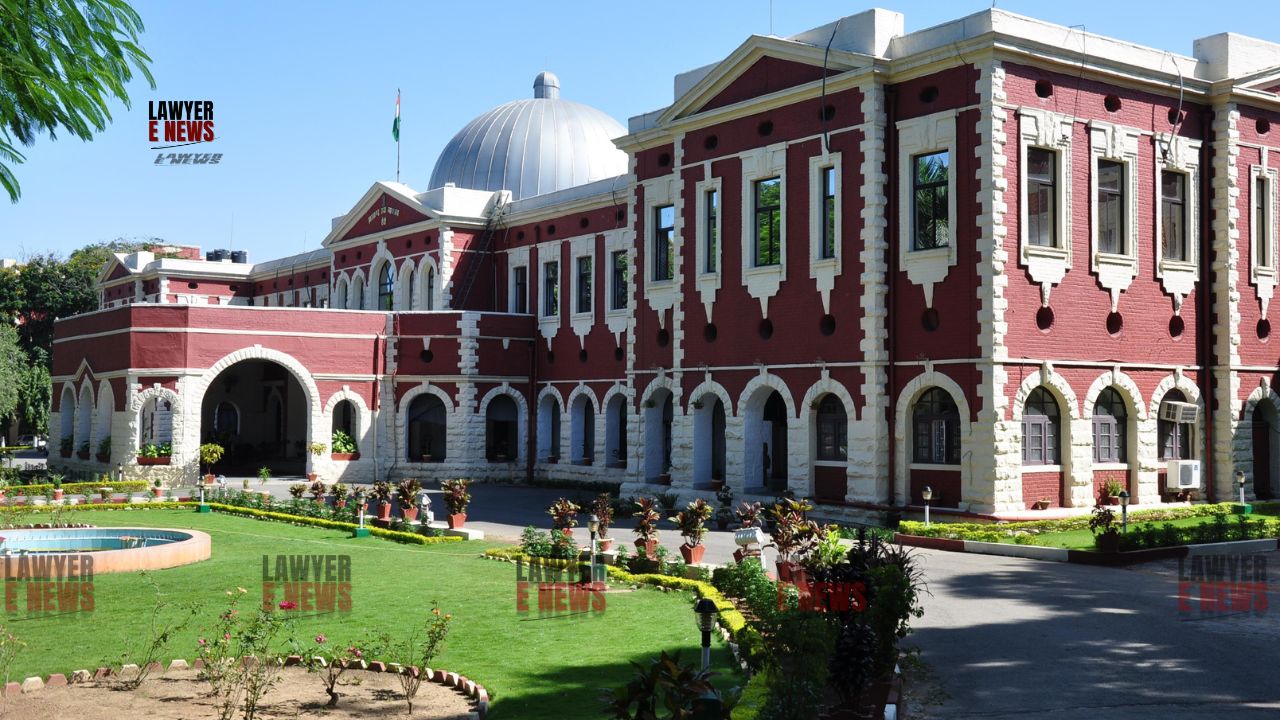-
by Admin
16 February 2026 5:45 AM



In a recent judgment, the Jharkhand High Court upheld the bail granted to Rizwan Ansari, accused of cruelty under Section 498A of the Indian Penal Code and the Dowry Prohibition Act. The court dismissed a petition filed by his wife, Maimun Khatoon, seeking the cancellation of his bail, citing the lack of sufficient grounds for revocation under established legal principles. The ruling reinforced that breach of mediation terms does not warrant the cancellation of bail unless accompanied by serious violations of law.
Maimun Khatoon and Rizwan Ansari were married according to Islamic customs on February 15, 2015, and had one daughter from the union. While the initial two years of their marriage were harmonious, tensions arose when Ansari stopped paying rent and other expenses, forcing Khatoon to return to her matrimonial home. She alleged that on September 25, 2020, she was thrown out by Ansari and his in-laws, who demanded ₹1,00,000 in cash and a Hero Honda motorcycle as dowry. This led to the filing of an FIR under Sections 498A/34 of IPC and Sections 3/4 of the Dowry Prohibition Act.
Ansari was arrested and later released on regular bail by the Additional Sessions Court on March 6, 2021, following a mediated settlement. Despite this, Khatoon claimed that Ansari resumed cruelty and forced her to withdraw the case, leading to her filing for cancellation of his bail. The Additional Sessions Judge, however, dismissed her plea, prompting the present revision petition.
Justice Arun Kumar Rai of the Jharkhand High Court, while dismissing the revision petition, carefully examined both the mediation report and the earlier bail order. The court observed that although Khatoon claimed Ansari violated the mediation terms, there was no substantial evidence beyond her allegations.
The court emphasized that bail cannot be revoked solely on the grounds of non-compliance with a mediation agreement. Citing previous rulings, including Biman Chatterjee v. Sanchita Chatterjee [(2004) 3 SCC 388], the court noted:
"Bail granted cannot be cancelled solely on the ground of failure to keep terms and conditions of the compromise."
Similarly, it referenced Dolat Ram v. State of Haryana [(1995) 1 SCC 349], which outlined the circumstances under which bail can be cancelled, primarily in cases of misuse of liberty or interference with justice.
The court rooted its decision in well-established legal precedents that underscore the importance of clear and compelling evidence for bail cancellation. Justice Rai referred to the Supreme Court ruling in Bhuri Bai v. State of M.P. (2022), which held that bail cancellation should be approached with extreme care, particularly when the accused has not misused their liberty. The judgment highlighted that the petitioner-wife's claims lacked corroborative evidence.
Additionally, the court reaffirmed that failure to comply with compromise terms cannot be the sole reason for cancelling bail, as outlined in Pritpal Singh v. State of Bihar [(2001) SCC OnLine SC 123], where the Supreme Court set aside bail cancellations based on unfulfilled compromise agreements.
Justice Arun Kumar Rai, in addressing the petition, remarked:
"The uncorroborated assertion of the petitioner-wife, without more, cannot form the basis for cancelling the bail already granted to the husband."
He further stated:
"In light of the legal propositions as propounded by the Hon’ble Supreme Court, the bail granted to the O.P. No.2-husband cannot and should not be cancelled."
The Jharkhand High Court's dismissal of the petition to cancel Rizwan Ansari’s bail reinforces the legal principle that bail cancellation requires concrete evidence of serious violations. The judgment also underscores the judiciary's cautious approach in such matters, ensuring that the rights of the accused are not undermined without substantive grounds. This decision highlights the need for substantial proof when seeking to revoke bail, particularly in matrimonial disputes where accusations can often be contentious.
Date of Decision: September 6, 2024
Maimun Khatoon v. The State of Jharkhand & Rizwan Ansari
